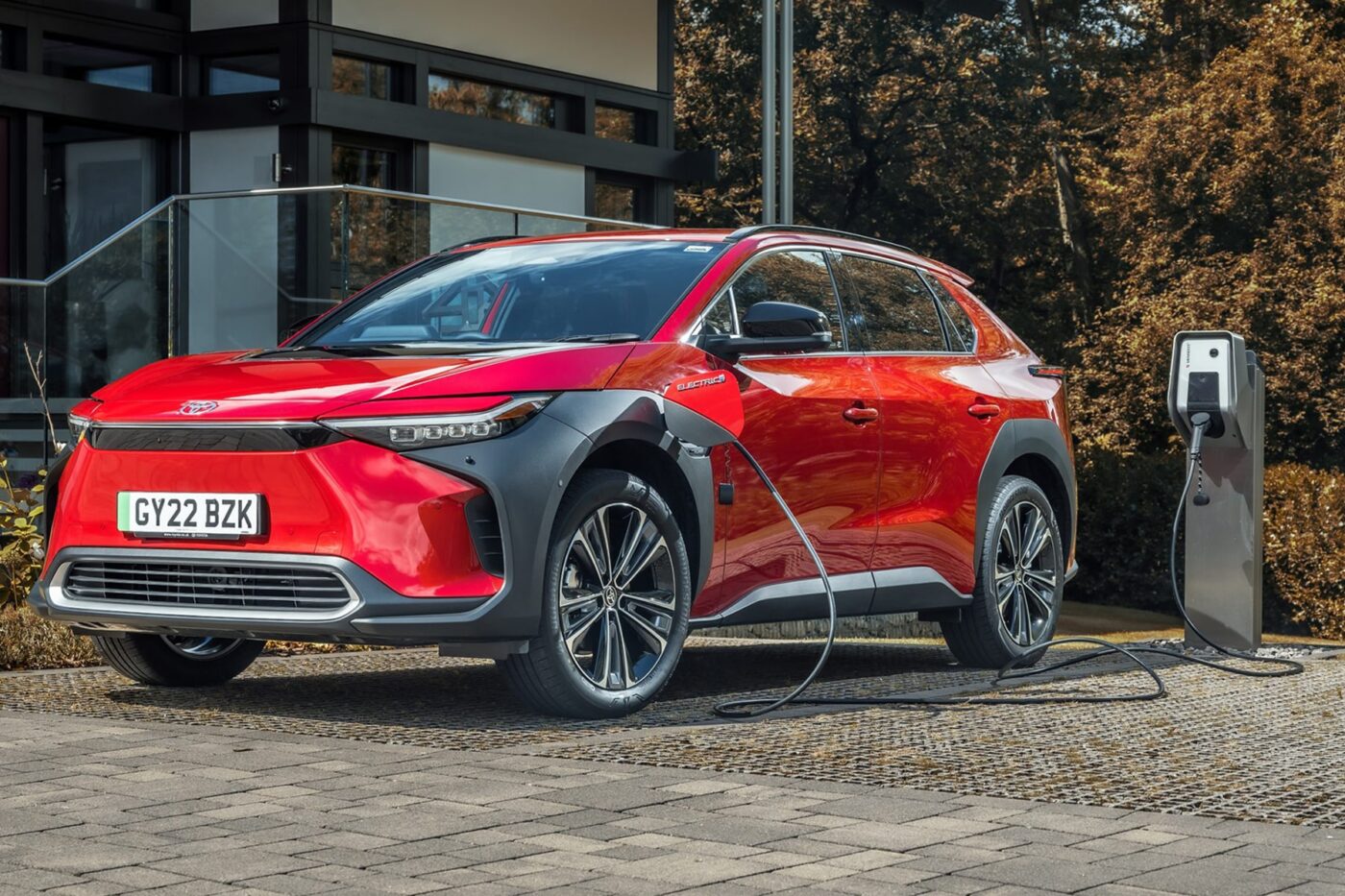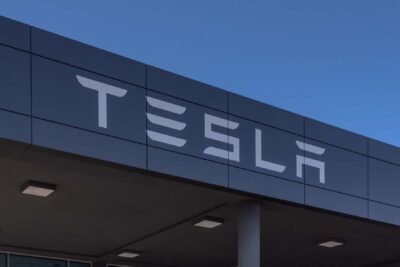Toyota lowers EV production targets
According to a report by Nikkei Asia, the decision was prompted by the slowdown in global electric car market growth, and Toyota has informed its suppliers. Under the new plan, Toyota aims to produce just over 400,000 electric vehicles in 2025 and more than double their production in 2026. An exact source for this is not mentioned – so it remains unclear whether Nikkei received these figures from a supplier or directly from an informant within the Toyota organisation.
It is also not clear from the Nikkei report whether the Toyota Group’s longer-term goal of achieving global annual sales of 3.5 million BEVs by 2030 still stands. Toyota has not commented on the information. For comparison:
Toyota communicated the interim target of 1.5 million BEVs in 2026 last May – as a benchmark against which the supply chain for batteries and other components should be aligned. In doing so, Toyota wants to ensure that it can achieve these sales (and production) if the market picks up quickly. It is now known that the Japanese government supports Toyota’s battery development (as well as other Japanese companies).
Toyota continues to focus on hybrid cars and is still working on fuel cells for use in passenger cars, as the recently extended cooperation with BMW shows. In this context, Toyota wants to develop a further generation of an automotive-compatible FC system. It is not known whether it will be used in a third Mirai generation or another vehicle. So far, however, FCEVs have not been a great success for Toyota. The company has only sold around 22,000 units of the first two generations of the Mirai worldwide. To put this into perspective, Toyota plans to sell 200,000 FCEVs by 2030, far fewer than the battery-electric models.
With this focus, it also took a while for the Japanese company to launch its first battery-electric model, the bZ4X. There is also an offshoot from Subaru and Lexus on the platform. In Europe, the bZ4X is still the only electric Toyota on offer today, while other models are now available in markets such as China. In 2023, Toyota sold around 100,000 EVs, and from January to July 2024, it sold around 80,000 units, according to Nikkei. That means that even the lowered forecast for 2026 still corresponds to enormous growth in BEV plans.





0 Comments